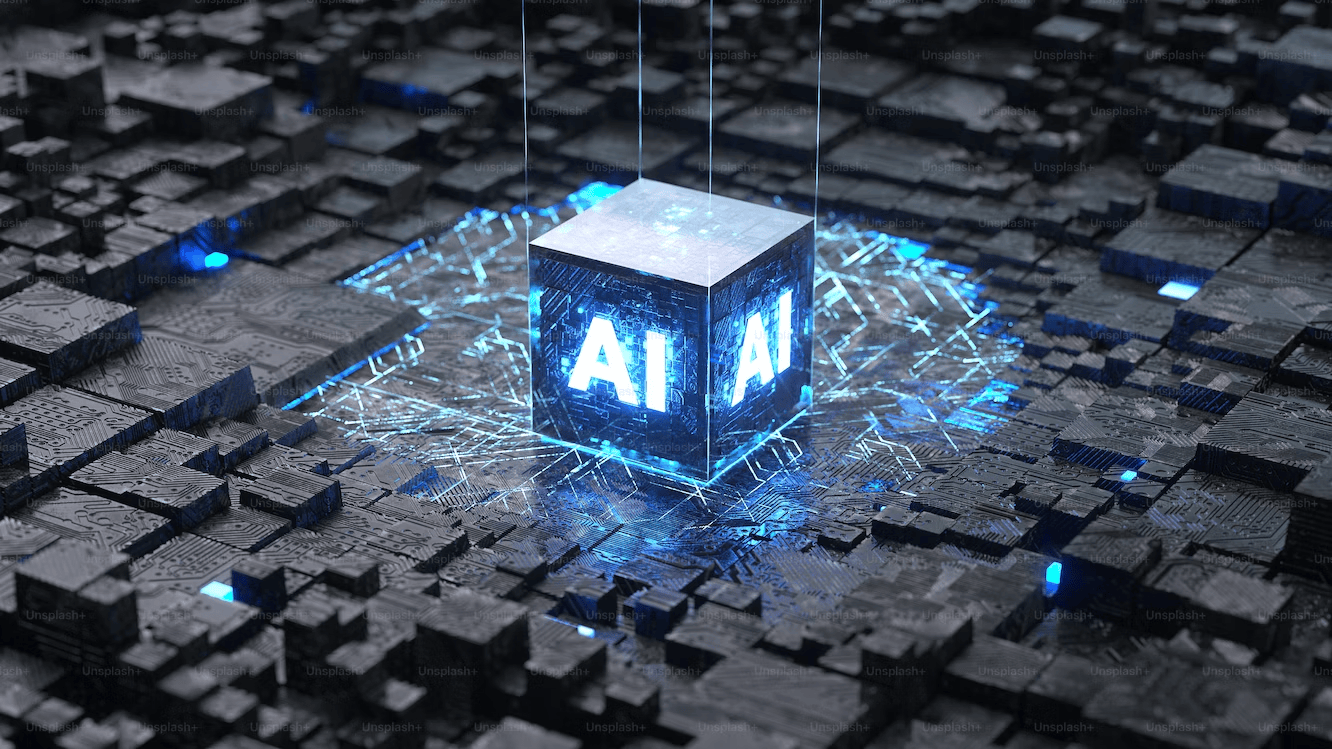AI's Impact on Marketing: Benefits, Limitations, and the Human Touch
Delve into the dynamic landscape of marketing as we explore the revolutionary changes brought about by Artificial Intelligence (AI). From its early days to the present and future, discover the benefits, challenges, and how marketers can harness the potential of AI for unparalleled success.

In the rapidly evolving landscape of digital marketing, the integration of artificial intelligence (AI) has emerged as a game-changer. As a digital marketer navigating this dynamic terrain, understanding the role of AI is pivotal for staying ahead in the competitive market.
What is AI?
At its core, AI refers to the simulation of human intelligence in machines, allowing them to perform tasks that typically require human intelligence. In the marketing context, AI utilizes advanced algorithms and machine learning to analyze vast amounts of data, identify patterns, and make data-driven decisions.
How AI Benefits the Marketing Department
The implementation of AI brings a plethora of advantages to the marketing department. One notable benefit is the ability to analyze consumer behavior with unprecedented precision. AI algorithms can process and interpret consumer data from various channels, helping marketers understand preferences, predict trends, and tailor campaigns accordingly.
For instance, AI-powered tools can analyze social media engagement patterns to optimize content strategy. These insights enable marketers to create more targeted and personalized campaigns, enhancing customer engagement and satisfaction.
AI also streamlines workflow processes, automating repetitive tasks such as data analysis and reporting. This not only saves time but also allows marketers to focus on strategic and creative aspects of their campaigns. Email marketing, for instance, can benefit from AI-driven personalization, leading to higher open and conversion rates.
Will AI Replace Marketers?
The fear of job displacement due to AI is a common concern in many industries, including marketing. However, the reality is far from a complete takeover. AI is a tool that complements and enhances human capabilities rather than replacing them.
Digital marketers bring a nuanced understanding of consumer emotions, cultural context, and creativity that AI lacks. While AI excels in data analysis and automation, it relies on human input for strategy development, creative ideation, and interpreting complex emotional nuances in marketing messages.
As AI takes care of routine tasks, marketers can channel their energy into strategic thinking and relationship-building. This symbiotic relationship between AI and marketers is creating a more efficient and effective marketing ecosystem.
What Are the Limitations of AI?
Despite its advancements, AI has its limitations. One significant constraint is its reliance on historical data. AI algorithms make predictions based on patterns in existing data, which can lead to biases and inaccuracies, especially in rapidly changing markets.
Another limitation is the lack of emotional intelligence. While AI can process and analyze data, it struggles to understand and respond to human emotions effectively. This emotional nuance is crucial in marketing, where building connections and resonating with the audience are paramount.
Moreover, AI requires continuous monitoring and updates to remain effective. The dynamic nature of the marketing landscape demands constant adaptation, and AI systems may become obsolete without regular maintenance and upgrades.
Conclusion
In conclusion, AI's influence on the marketing industry is undeniable, bringing unprecedented efficiency and insights. As a digital marketer, embracing AI as a tool to augment your capabilities is key to staying competitive. While AI automates certain aspects, the human touch remains irreplaceable for creative thinking, emotional intelligence, and strategic decision-making. Understanding the symbiotic relationship between AI and marketers is pivotal for navigating the future landscape of digital marketing.


